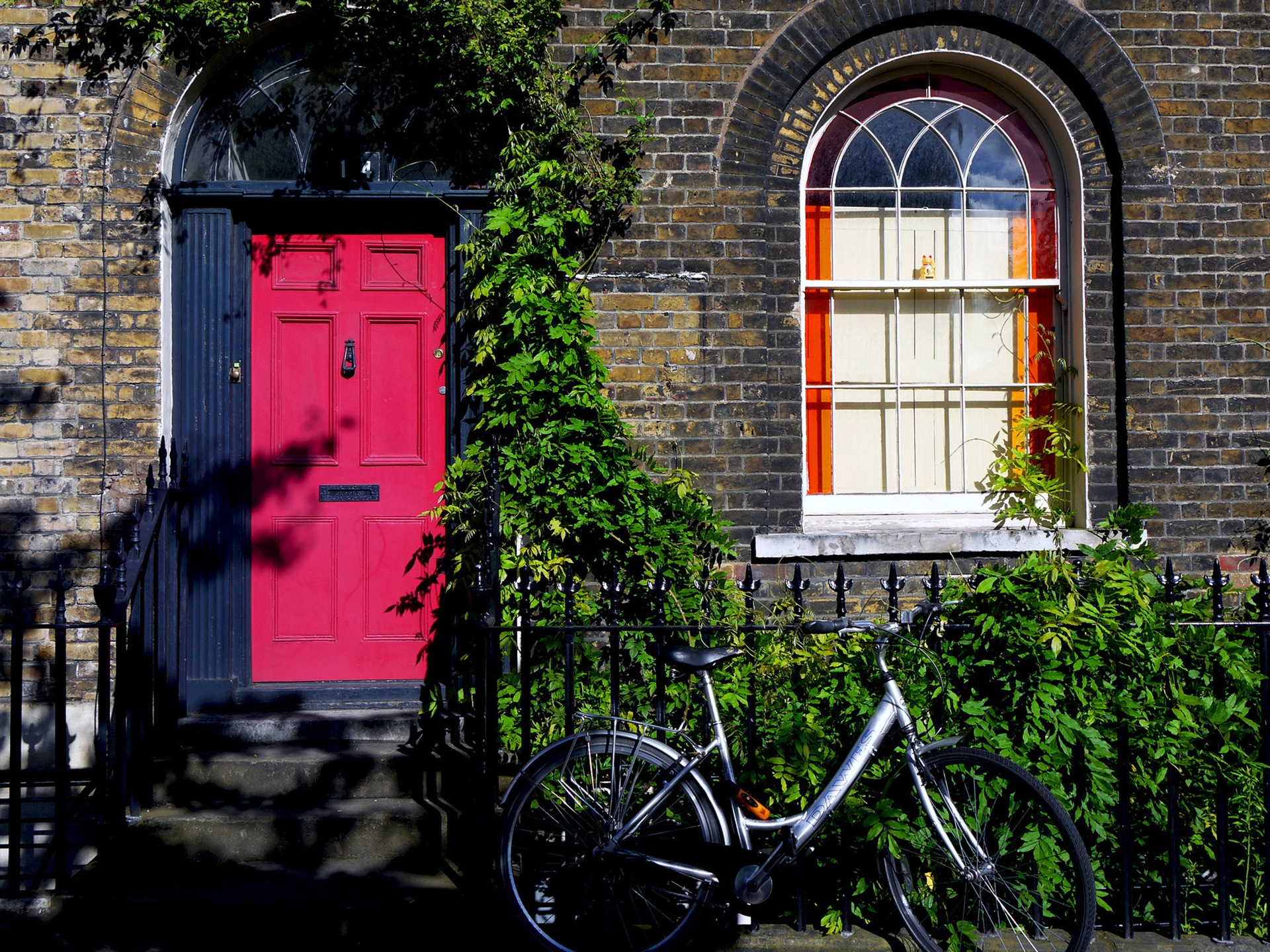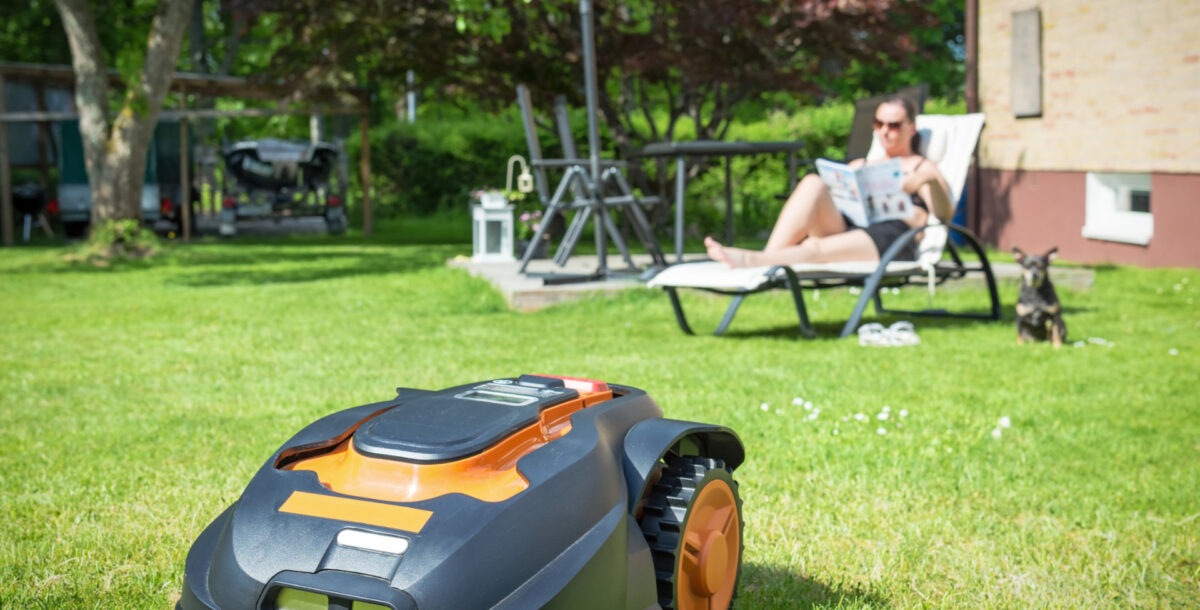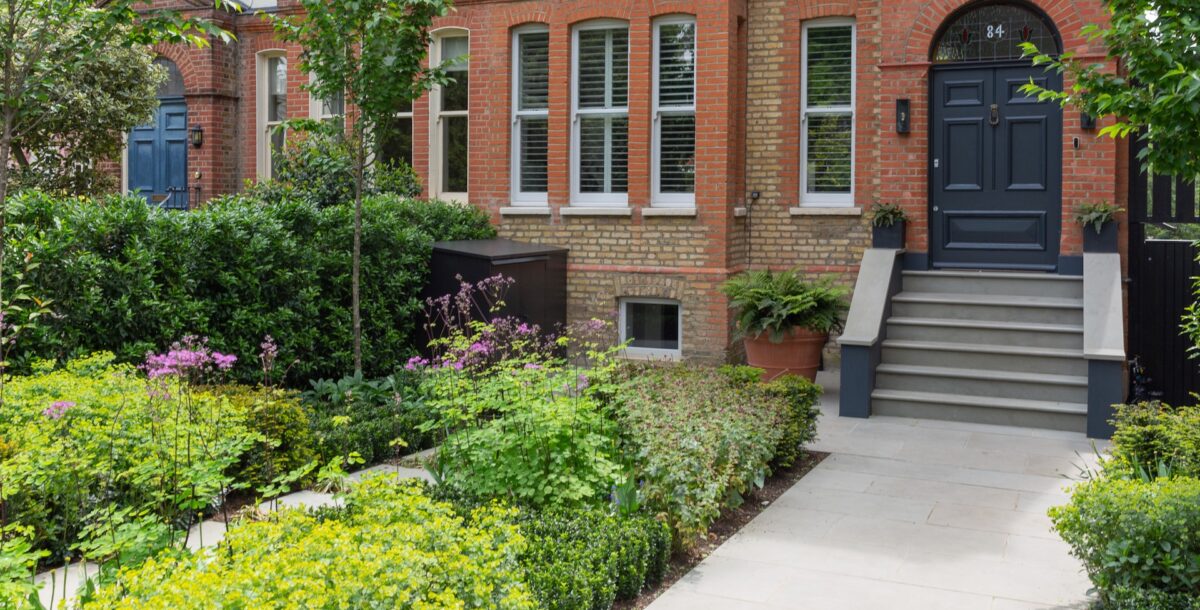How to protect your home from title theft
Here’s what you need to know about property title fraud. And five steps you can take to avoid falling victim to the fraudsters who are out to steal your home
Title fraud happens when criminals take ownership of a property by getting hold of its title – the legal right to its ownership – by illegal means. Although it’s not something that criminals pull off very often, they keep trying because the potential rewards are so big. We’ve got the low down on what’s involved in this fraud that’s on the increase, and how you can protect your home from title theft.
What is title theft?
Remember the case of poor Rev Mike Hall who was living and working away from his Luton home in 2021, but rushed home when alerted by neighbours to find that someone had fraudulently secured the title for his home and used it to sell the house to an unsuspecting new owner who was ensconced and busy doing building works to the house, all completely unknown to Mike.
In November 2023, after a two-year legal fight, Mike got his home back when the Land Registry put his name back on the house title. He is negotiating with the Land Registry for compensation for the damage done to his home during the two years, but he will receive no compensation for the stress or loss of rental income.
The Land Registry
The Land Registry is the government body that holds electronic title records for property in England and Wales. Currently, it has titles registered for 26 million properties in England and Wales, which cover 88% of the area of the two countries. Since 1990 all property sales – and, since 1998, all mortgages taken out on property – have had to be registered with the Land Registry. Scotland and Northern Ireland have their own Land Registries.
In the past five years, the Land Registry has prevented registered title theft attempts against £100 million worth of property. It has a statutory compensation scheme, compensating anyone who suffers loss because of a mistake on the register. The Land Registration Act 2002 sets out when a mistake in the register can be put right, and when it cannot, and in what circumstances compensation will be offered.

Image credit: Florencia Lewis CC
How the fraudsters operate
Generally, those wanting to undertake title fraud first commit identity theft, taking on the name of someone who owns a property. Then they try to gain possession of the property title held in that name, and/or to raise a mortgage against the property. The fact that conveyancing these days is all done remotely and online, makes this kind of fraud easier. Because of the large potential rewards, fraudsters will go to great lengths to commit this type of crime: illegally obtaining fake ID and genuine documents in a property owner’s name, then opening a new bank account in their name – or even going so far as to change their name to that of the property owner.
What types of property at risk?
Certain categories of property are particularly at risk from title fraud, such as those that are empty or rented. The more of the following categories a property falls into, the more at risk it becomes.
- Sole owners: When a property is owned in just one name, that means there is only one owner to impersonate, and only one ID to steal or fake
- Mortgage free: If a property has no mortgage, there will be fewer checks on property transactions
- Rented: In a rented property, a tenant could impersonate the landlord/owner. They will have access to the property and can use the address easily. Here’s the story of Grahame Hawthorn, whose brother’s property was mortgaged by a tenant while Graham looked after it
- Absentee landlord: A landlord who lives far from the property and isn’t aware of what’s going on there makes it easier for fraudsters to operate. A criminal could, for example, impersonate the property owner/landlord to gain access to the property under false pretences
- Not registered with the Land Registry: The lack of recorded title and registered owner make it easier for fraudsters
- Owner in care home: If the owners are away or cannot look after their affairs properly, fraudsters can strike more easily
- Owner deceased: Once a property owner has died, a fraudster could steal their ID more easily and access the property unchallenged
- On the market: Fraudsters sometimes pose as buyers and use the purchasing process to gain information about the property and seller, then withdraw at the very last minute, before using the info gained to commit title fraud
How to protect yourself from title fraud
There are some simple steps you can take to protect what is probably your most valuable asset – or that of a vulnerable relative.
1 Register your property
If your property isn’t already registered with the Land Registry, registering it offers the potential safety net of financial compensation in case of title fraud. Most UK properties are already registered. The only ones that won’t be are those that haven’t been sold or mortgaged since 1990. On the Land Registry site, you can learn more about registering a property for the first time. You will need to provide documents proving your ownership and pay a fee, the size of which depends on the value of the property.
2 Sign up for property alerts
Register for the Land Registry’s free Property Alert service, which will let you know of any activity, such as mortgage applications or change of ownership, on a property. You don’t have to be the property owner to register an address, so you can monitor vulnerable relatives’ property and your own. In fact, you can register up to ten addresses with the service. You will receive email alerts if there is any activity with your nominated properties.
Private companies such as Title Guardian provide a more comprehensive property protection and alert service for homeowners and landlords.
3 Apply for a Form LL restriction
As a property owner, you can apply for something called a Form LL restriction on your property, which will make it harder for potential fraudsters to take out a mortgage against, or sell, your property. The restriction will also mean that you yourself will have to prove who you are any time you want to sell or mortgage your property. This will usually entail having your identity verified by a solicitor.
This obviously would make it harder for a fraudster to target your property, but it will also make it more time-consuming and expensive for you to mortgage or sell your home. But, if you don’t live at your property, are a landlord, or are going to be away for some time, it offers an extra layer of protection and might be something worth considering. You can find out more and apply for a restriction on the Land Registry website.
4 Protect yourself against ID theft
Title fraud relies on criminals being able to steal your ID. But there are several things you can do to protect yourself against ID theft. These include:
- Keep your ID documents, and any others that could be used by fraudsters – eg driving licence, passport, bank statements, utility bills, credit card receipts – in a secure place
- Shred old documents before throwing them away so that nothing showing your name, address or other personal details can be stolen from your bin
- Check your credit report, credit card and bank regularly
- If you move house, remember to give your new address to your bank, credit card company, phone company, utility companies, TV licensing, doctor, dentist etc. You don’t want whoever moves into your house to get hold of any of your personal details. Redirect your mail too using the Royal Mail’s redirection service.
- When you shop online, only use secure websites that you trust. Know what to look out for to protect yourself from fake websites and phishing emails
You can find more about preventing ID fraud on the Information Commissioner’s Office website.
5 Report fraud
If you think you may have been a victim of property fraud, act quickly and contact the police and the Land Registry property fraud team. Email [email protected] Or phone 0300 006 7030, Monday to Friday, 8am to 5pm.









